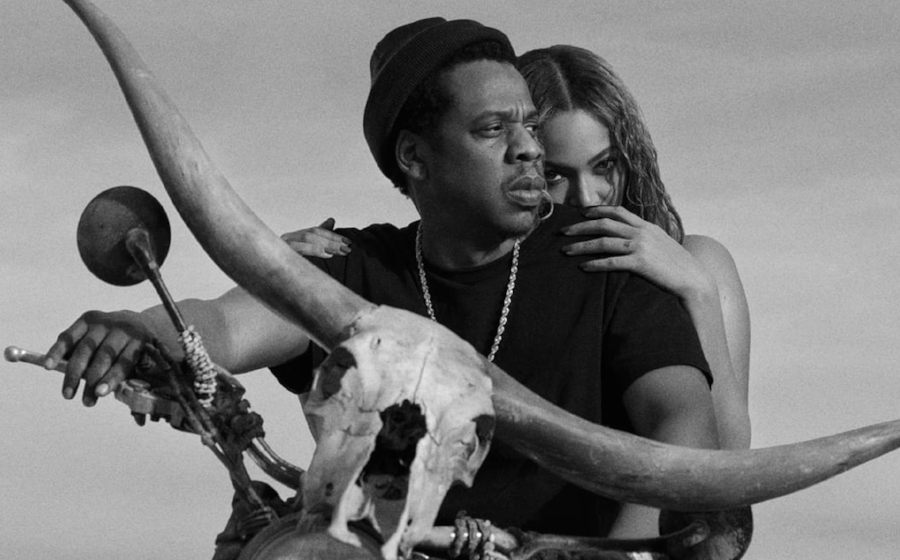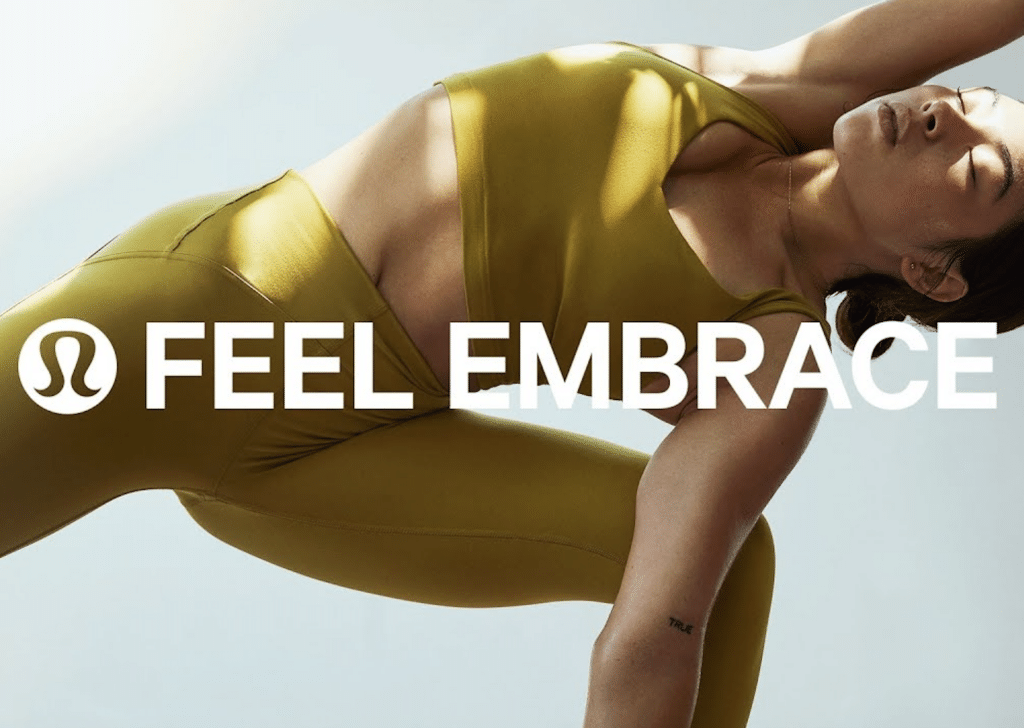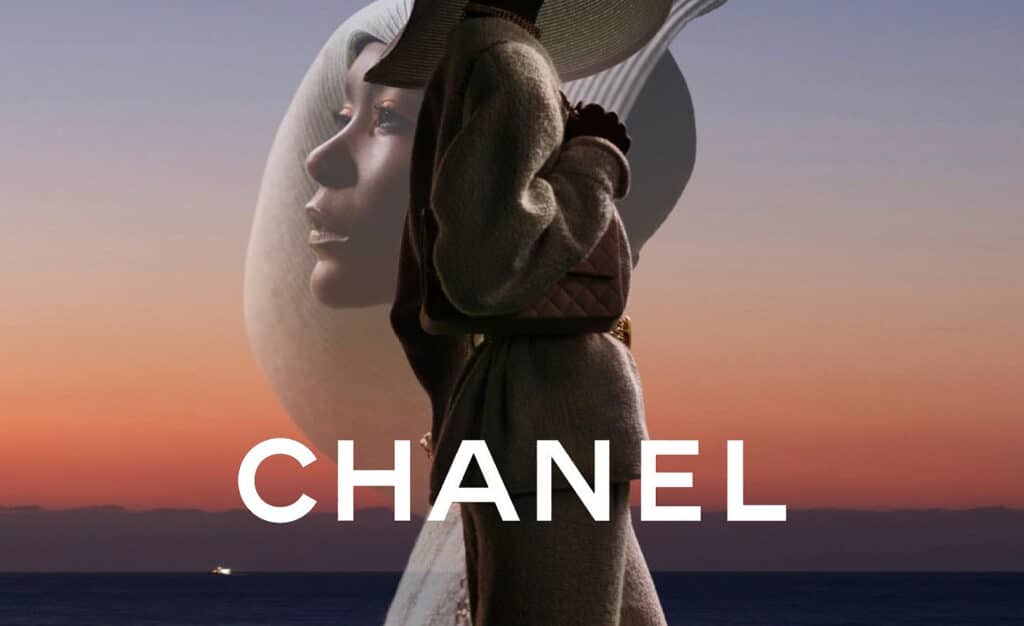
image: OTRII
Good luck trying to get your hands on any unauthorized Jay Z and Beyoncé tour merch. Anticipating an outpouring counterfeit-selling vendors at upcoming stops of thee duo’s On The Run II Tour, which kicked off in June, Three Ten Merchandising Services (“Three Ten”) – the company that is responsible for designing, manufacturing, and selling the tour merch – is suing 200 unknown individuals in an attempt to quash confusion amongst concert-goers (as to what merch is real merch) and any potential lost sales by seeking “emergency” court intervention.
According to the complaint that Three Ten filed on Tuesday in a Massachusetts federal court against a handful of unnamed defendants (because “their true names and capacities are unknown at this time”), “Defendants will sell and distribute infringing, unauthorized T-shirts, jerseys and other merchandise bearing any or all of [Jay Z and Beyoncé’s] trademarks in the vicinity of the concert and will continue to sell and distribute before, during and after subsequent concerts during the tour.” (Note: Three Ten has not cited any concrete instances of counterfeiting or trademark infringement and did not identify any specific defendants by name in its complaint).
Three Ten claims that the “infringing merchandise is of the same general appearance as [Jay Z and Beyoncé’s] merchandise and is likely to cause confusion among prospective purchasers.” Moreover, the sale of the defendants’ “inferior quality merchandise is likely to injure the [Jay Z and Beyoncé’s] reputation for high quality goods” should they believe that the unauthorized merch has actually been “authorized, sponsored or approved” by Bey and Jay.
Still yet, the merch marker argues that the sale of such merch, which is at a marked high during an artist’s tour, “injures both [Jay Z and Beyoncé] as well as [Three Ten] in that the defendants do not have to pay any royalties for [their use of the trademarks, service marks, likenesses, and logos] on these infringing products.” This is problematic since Jay Z and Beyoncé, and Three Ten “realize substantial income from the sale of the authorized tour merchandise bearing [Jay Z and Beyoncé’s] names.”
With the foregoing in mind, Three Ten sets forth claims of trademark infringement and false designation of origin, and is seeking immediate and permanent injunction relief, i.e., a court order that bars the defendants from “manufacturing, distributing, selling, offering for sale, holding for sale or advertising any products, merchandise or goods bearing [Jay Z and Beyoncé’s] names, trademarks, or likenesses” both in Massachusetts “and in any other district in which [Three Ten] seeks to enforce this Court’s injunction order.”
In particular, Three Ten is asking the court to “order the U.S. Marshal, the local and state police or sheriff, off duty officers of the same, authorized agents of [Three Ten] … to seize and impound any and all infringing merchandise which the defendants attempt to sell, distribute or hold for sale at, within or in the vicinity of the arenas, stadiums and other venues at which [Jay Z and Beyoncé] are performing, whether this occurs before, during or after the concerts on the Tour.”
In a speedy “emergency” decision handed down right after the complaint was filed, Judge Rya W. Zobel issued Three Ten’s temporary restraining order and seizure order, thereby requiring the U.S. Marshal, Three Ten’s agents and other law enforcement to seize any infringing merch.
The suit at hand follows from a similar string of lawsuits, pioneered by well-known march-maker Bravado, which has sued over merch for Metallica, Billy Joel, Lady Gaga, and Rihanna tours, among others, in some cases, such as for a Red Hot Chili Peppers tour, the lawsuits date back nearly 15 years.
This time last year Live Nation filed suit over Coldplay tour merch, winning an order from the court that prohibited the unnamed defendants from using the band’s trademarks on any merchandise, and ordered the U.S. Marshal for any district in which Live Nation sought to enforce the order to seize and impound all infringing merchandise being offered for sale in within ten miles of any Coldplay concert for a period of time from six hours prior to the concert to six hours after the show ends.
This pattern of preemptive litigation – which has since been taken up by the likes of Three Ten, AEG, and Live Nation and has not been without criticism from at least some legal scholars – speaks to more than the unending battle that brands (and famous individuals) face over counterfeit goods. In addition to that, it provides a look at what the business of march-making actually entails; not only are companies like Bravado and Three Ten tasked with designing, manufacturing, marketing, and selling merch for big-name musicians, they are also, it seems, increasingly expected to take the reins in terms of stamping out fakes.
This suggests that there is almost certainly a growing trend of including provisions in the contracts between artists’ camps and the merch markers that places the responsibility for brand protection and enforcement (i.e., the filing for the initial temporary restraining order and then the ensuing trademark infringement trial) squarely within the latter’s list of duties in connection with the tour merch, in addition, of course, to the design and facilitation of sales.
Also implicit in this trend: The venue. No shortage of these suits have been filed in the same court, the United States District Court for the District of Massachusetts, and heard by the same judge, Judge Rya W. Zobel, ahead of concerts at Gillette Stadium. The likelihood is that this is an easy jurisdiction for merch-makers to prevail on what might otherwise be difficult cases given their pre-infringement nature.
*The case is Three Ten Merchandising Services, Inc., v. John Does 1-100, Jane Does 1-100, and XYZ Company, 1:18-cv-11605-RWZ (D. Mass).











